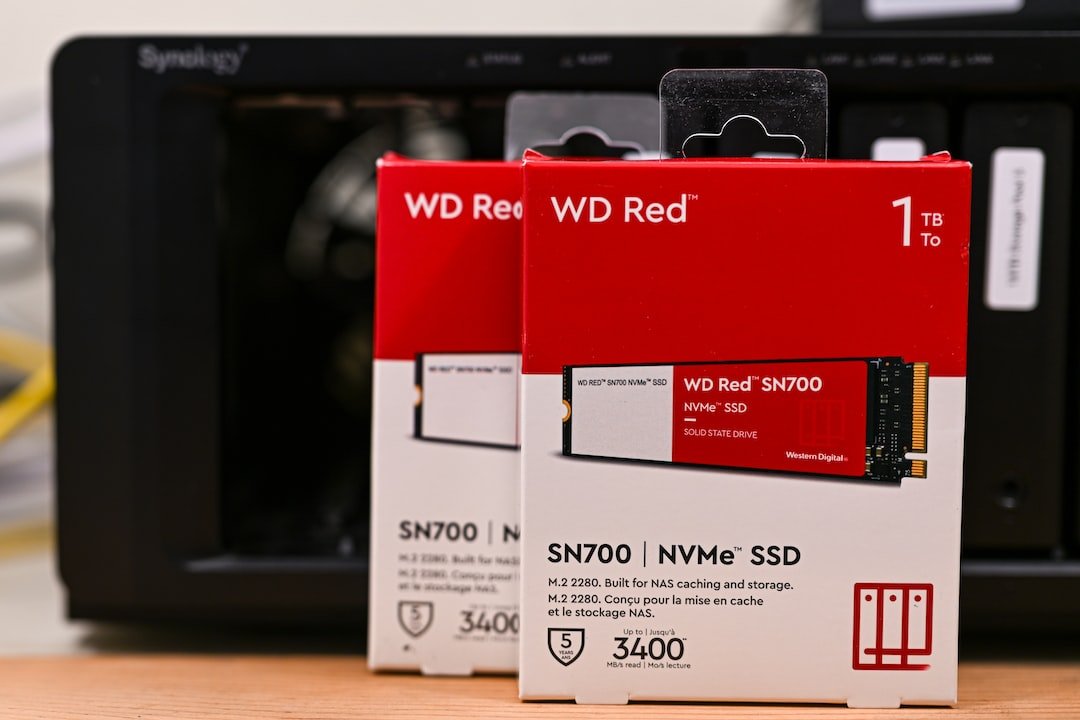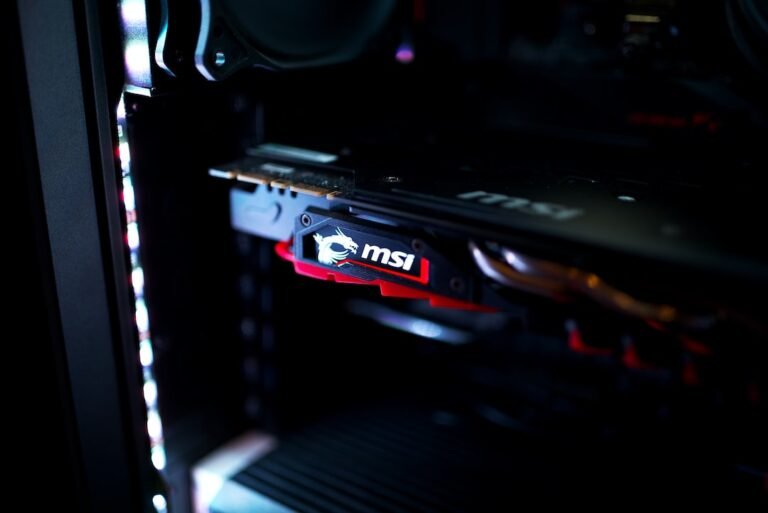Introduction
Have you ever experienced frustrating network issues, such as slow internet speed, intermittent connection, or devices unable to connect to your home network? If so, you’ll understand the importance of having a reliable and efficient network setup. Fortunately, router log analysis can be a powerful tool for troubleshooting and resolving these network issues.
In this article, we’ll explore the world of router log analysis and its significance in troubleshooting network problems. We’ll discuss how router logs provide valuable insights into the performance of your network, analyze common network issues, and offer practical tips for resolving them. So let’s dive in and discover how router log analysis can help you achieve a smoother network experience!
Understanding Router Log Analysis
What are Router Logs?
Before we delve into router log analysis, let’s define what router logs are. Every time you use the internet, your router records various activities in a log file. These logs are a compilation of valuable information about your network connections, device interactions, and system performance. They can provide insights into network traffic, security threats, errors, and other significant events.
The Significance of Router Logs in Troubleshooting
Router log analysis plays a crucial role in troubleshooting network issues. By analyzing these logs, you can gain a deeper understanding of your network’s performance and identify potential problems. It allows you to:
Detect Network Security Breaches: Router logs can provide a wealth of information about potential security breaches, including unauthorized connection attempts, failed login attempts, and suspicious activities. Analyzing these logs can help you identify and mitigate security risks promptly.
Monitor Network Traffic: Router logs provide detailed information about network traffic, including the number of devices connected, data usage, and types of connections. By analyzing this data, you can identify bandwidth-hungry devices, potential bottlenecks, or unusual traffic patterns that may be causing network issues.
Identify Device Connection Issues: If you’re experiencing difficulties connecting devices to your network, router logs can provide valuable insights. By analyzing the logs, you can identify potential reasons for failed connections, such as incorrect network settings, IP address conflicts, or incompatible device configurations.
- Diagnose Performance Problems: Slow internet speeds or frequent drops in connection can be frustrating. Router log analysis can help you pinpoint whether the issue lies with your router, internet service provider, or other factors. By examining system logs, you can identify performance bottlenecks and take appropriate measures to resolve them.
Common Network Issues and Router Log Analysis
Slow Internet Speeds
Few things are more frustrating than sluggish internet speeds. To diagnose this issue using router log analysis, focus on the following log entries:
Bandwidth Consumption: Analyze logs to determine which devices or applications are using the most bandwidth. This information can help you identify potential bandwidth-hogs and apply necessary limits or configurations.
Errors and Warnings: Check for any error or warning messages in the router logs. These could indicate issues with your internet connection or other network components that affect speed.
Signal Strength: If you’re using wireless connections, investigate the signal strength recorded in the logs. Weak signals can result in slower internet speeds, so consider optimizing your router’s placement or upgrading to a more powerful wireless router.
Intermittent Connection
An intermittent internet connection can disrupt your online activities and cause frustration. To troubleshoot this issue using router log analysis, consider the following:
Connection Drops: Look for log entries related to dropped connections. These entries can help you identify patterns, such as specific times of the day or particular devices experiencing connection issues.
Signal Interference: Investigate the logs for any recorded signal interference. Microwaves, cordless phones, and neighboring Wi-Fi networks can interfere with your signal strength. If your log analysis reveals interference issues, try changing the Wi-Fi channel or relocating your router away from potential sources of interference.
Devices Unable to Connect
If you’re experiencing difficulty connecting certain devices to your network, router log analysis can provide insights into the problem. Consider the following log entries:
DHCP Issues: DHCP (Dynamic Host Configuration Protocol) assigns IP addresses to devices on your network. Analyze the logs for any DHCP-related errors or conflicts, which may prevent devices from obtaining an IP address.
Security Settings: Check for any log entries related to security settings, such as firewall rules or MAC address filtering. Incorrect or overly restrictive security settings can prevent devices from connecting to your network.
Further Network Issue Resolution
While router log analysis can help identify and troubleshoot common network issues, there may be times when more advanced measures are necessary. Here are a few additional steps you can take to resolve network problems:
Updating Firmware: Regularly update your router’s firmware to ensure that it has the latest bug fixes, security patches, and performance improvements. Manufacturer websites often provide firmware updates for specific router models.
Performing a Factory Reset: If you’re experiencing persistent network issues, a factory reset may resolve the problem. However, note that this will erase all custom settings, so be sure to back up your configurations before proceeding.
Seeking Professional Help: If you’ve exhausted all troubleshooting options and are still experiencing network issues, it may be time to seek assistance from a professional network technician. They can help diagnose complex network problems and offer tailored solutions to optimize your network performance.
FAQ
| Question | Answer |
|---|---|
| What is home network setup? | Home network setup refers to the process of configuring and connecting devices in a local area network (LAN) within your home. It involves setting up routers, modems, switches, and other networking equipment to enable seamless connectivity. For more information, check out our comprehensive guide on home network setup. |
| How can I troubleshoot router issues? | Troubleshooting router issues involves analyzing error logs, checking connections, resetting the router, updating firmware, and ensuring proper configuration settings. For a detailed guide on router troubleshooting, visit our article on router troubleshooting. |
| How can I optimize wireless router security? | Optimizing wireless router security involves changing default settings, using strong passwords, enabling encryption (WPA2 or higher), MAC address filtering, disabling remote administration, and keeping firmware up to date. Read our article on wireless router security for more tips and information. |
| What are some recommended routers for gaming? | To enhance your gaming experience, consider routers optimized for low latency and high-speed connections. Check our detailed gaming router buying guide for recommendations and features to look for. |
| Can I integrate my router with a smart home system? | Yes, many routers offer smart home integration features. By integrating your router with a smart home system, you can manage network access, prioritize devices, and control settings remotely. Explore our article on smart home integration for more information. |
| Are open-source router firmware options worth considering? | Open-source router firmware, such as DD-WRT and OpenWRT, can provide advanced customization options, improved security, and features not found in stock firmware. Check out our article on open-source router firmware to learn more. |
| How can I ensure secure remote access with a VPN router? | VPN routers offer an added layer of security when accessing your network remotely. They encrypt your internet traffic, safeguarding your data from potential threats. Learn more about VPN router security in our dedicated article on VPN router security. |
| What are mesh Wi-Fi systems, and how do they improve coverage? | Mesh Wi-Fi systems use multiple devices to create a seamless and expansive network, eliminating dead zones and providing consistent coverage throughout your home. Discover more about mesh Wi-Fi systems in our article on mesh Wi-Fi systems. |
| Are there routers compatible with high-speed fiber internet? | Yes, certain routers are specifically designed to work with high-speed fiber internet connections. Read our article on 5G routers for high-speed internet connectivity to find the best options for your needs. |
| How can I set up parental controls on my router? | Many routers offer parental control features, allowing you to manage internet access, set time limits, and filter content for specific devices. Learn how to set up parental controls on your router in our dedicated article on parental control routers. |
Conclusion
Router log analysis is an invaluable tool for troubleshooting and resolving network issues. By exploring router logs, you can gain insights into your network’s performance, diagnose problems, and implement targeted solutions. Whether you’re dealing with slow internet speeds, intermittent connections, or device connection problems, router log analysis can help you get your network running smoothly again. Remember to regularly analyze your router logs, keep your firmware up to date, and explore additional troubleshooting options when needed.
Happy network troubleshooting!
Further Reading
| Website | Description |
|---|---|
| RouterSecurity.org | RouterSecurity.org offers comprehensive information on router security, firmware updates, and best practices for securing your home network. |
| How-To Geek | How-To Geek provides a wide range of articles on technology topics, including router troubleshooting, network optimization, and more. |




